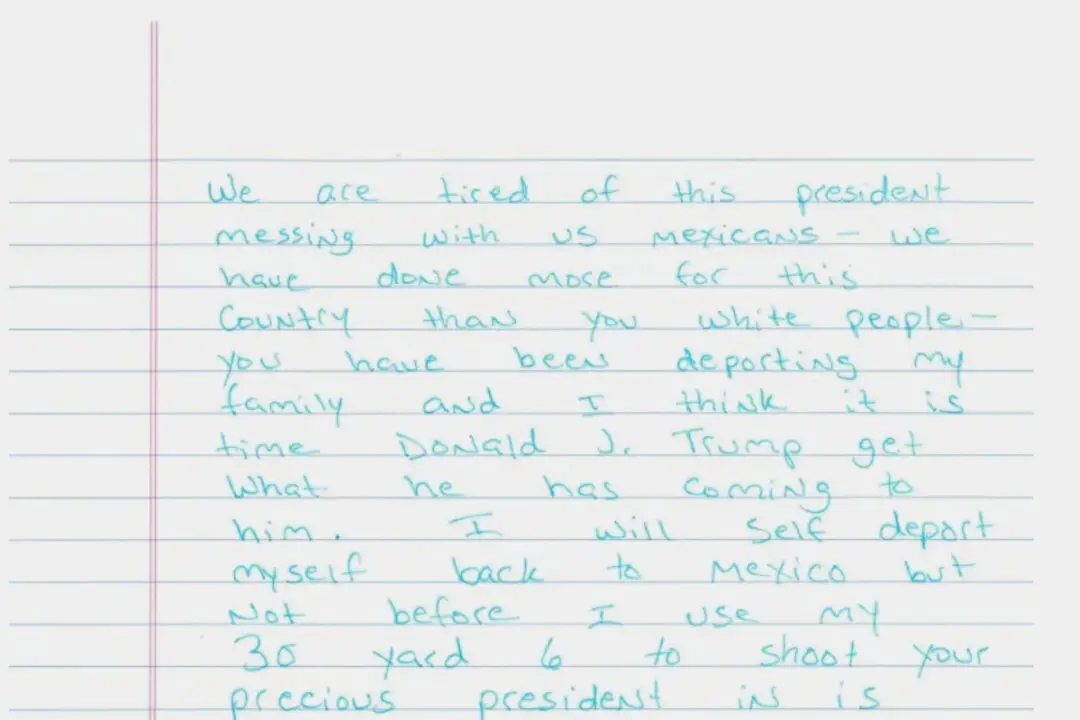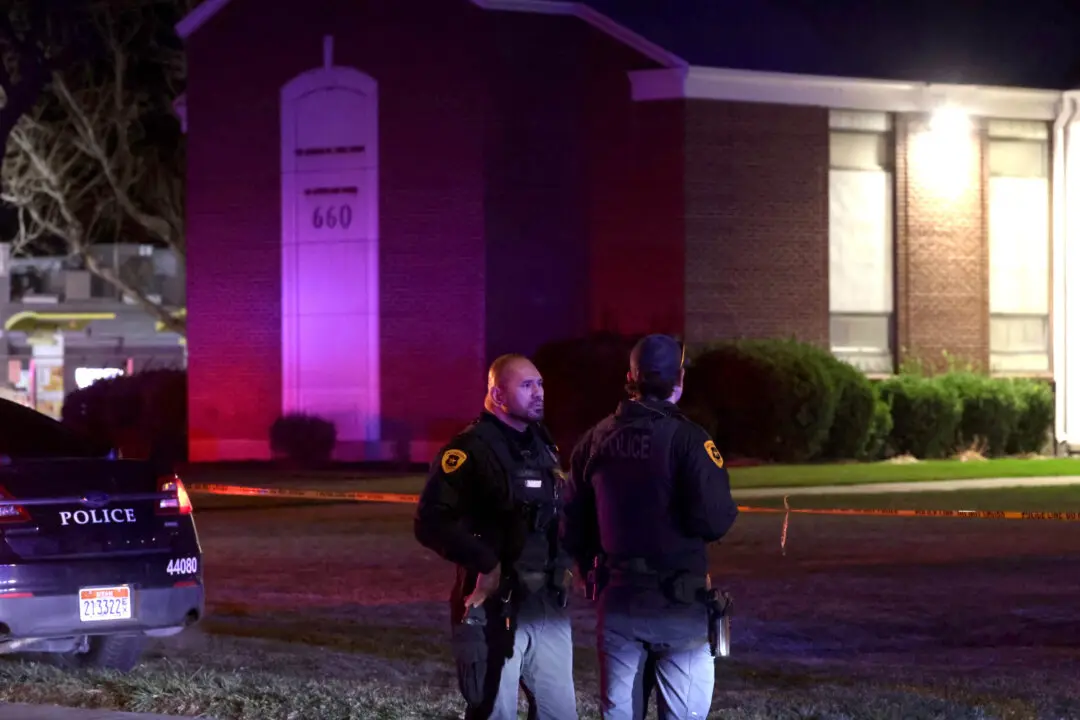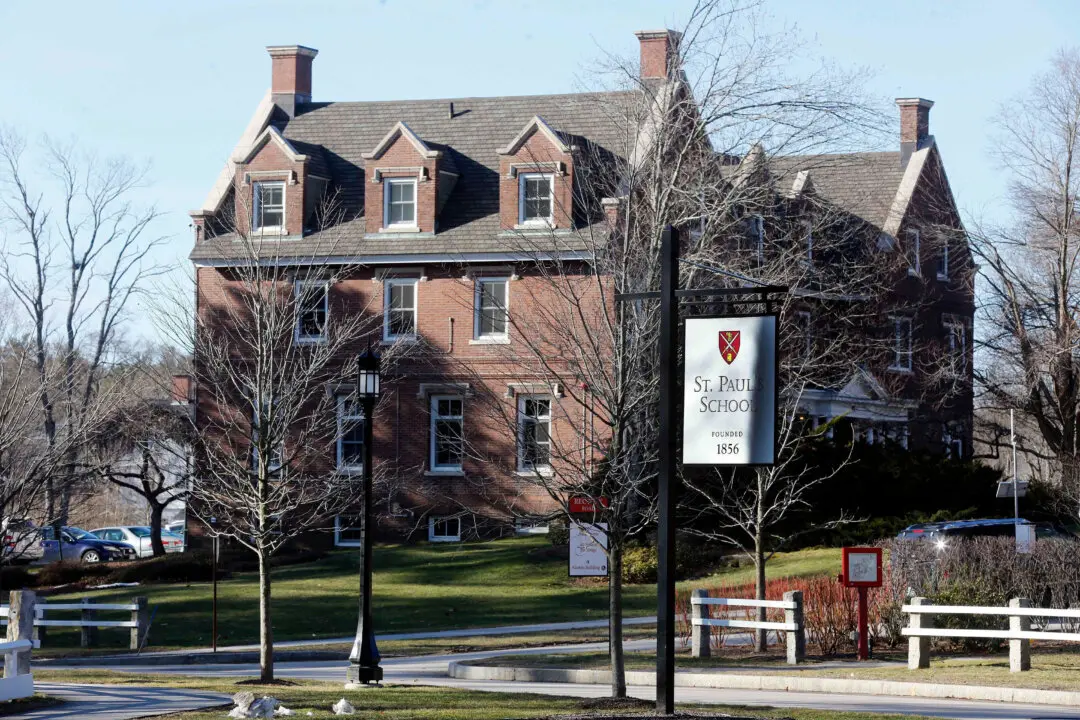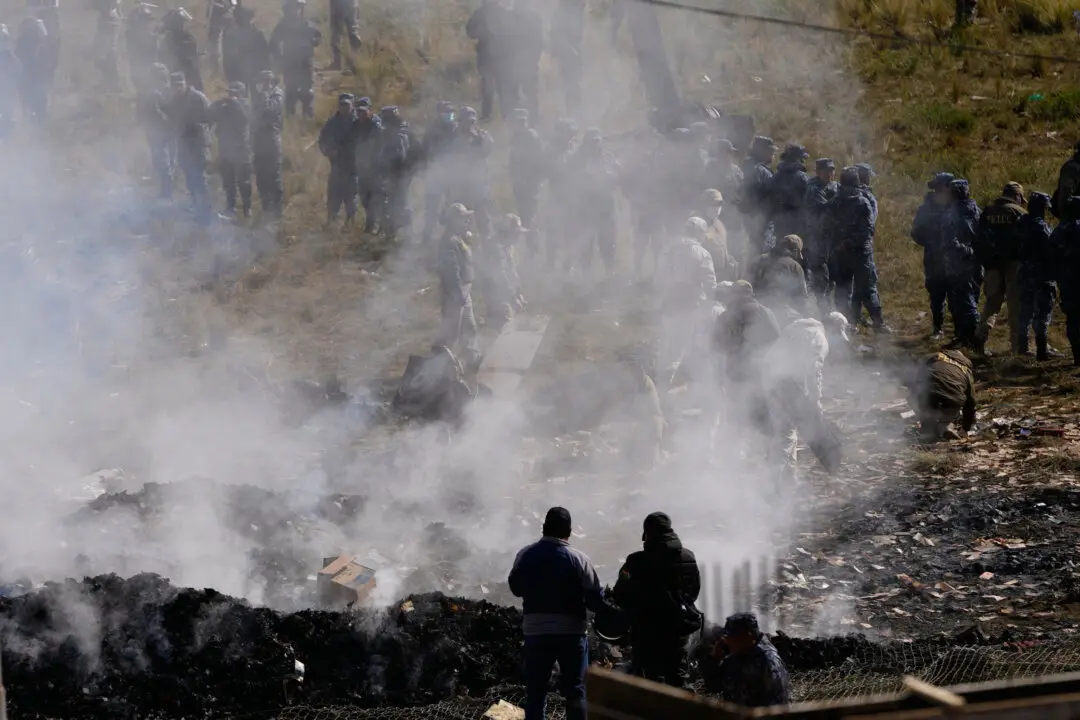PARIS—It sounds like English. Yet to the untrained ear the language used in the U.N. climate talks is about as comprehensible as Klingon.
Sometimes you wonder whether the negotiators are trying on purpose to make a simple idea sound more complex than it is. But it’s also a matter of international law.
Many delegations have teams of lawyers that analyze every syllable for potential hidden meanings. Before everyone’s comfortable with the wording of a concept or idea, it’s often turned into an acronym.
Here’s a guide to help you decipher some of the most commonly used terms in the Paris talks:
COP 21: No, the three letters have nothing to do with the Danish capital, Copenhagen, where one of the most famous, or perhaps infamous, climate conferences was held in 2009. COP stands for Conference of the Parties, referring to the countries that have signed up to the 1992 United Nations Framework Convention on Climate Change. The COP in Paris is the 21st such conference.
UNFCCC: See previous entry. To sound like an insider, pronounce this U-N-F-triple-C. Or just say “the framework convention.”
INDC: This acronym first appeared in U.N. climate talks in Warsaw in 2013. It stands for Intended Nationally Determined Contribution and refers to the climate pledges that countries have made ahead of the Paris conference. Every word has legal implications indicating that the INDC isn’t a binding promise. The pledges are “intended,” not set in stone, and they are “nationally determined,” not imposed from the outside. The “C'' at one point was for ”Commitment,” but that sounded too much like promise for some countries.
ADP: This is perhaps the most useful abbreviation in the talks, considering the time it takes to read out the full name of The Ad Hoc Working Group on the Durban Platform for Enhanced Action. The ADP is a subsidiary body created in Durban, South Africa, in 2011 for negotiations on the universal climate agreement that’s supposed to be adopted in Paris. The Paris conference will deal with other things as well, like pre-2020 ambition.





